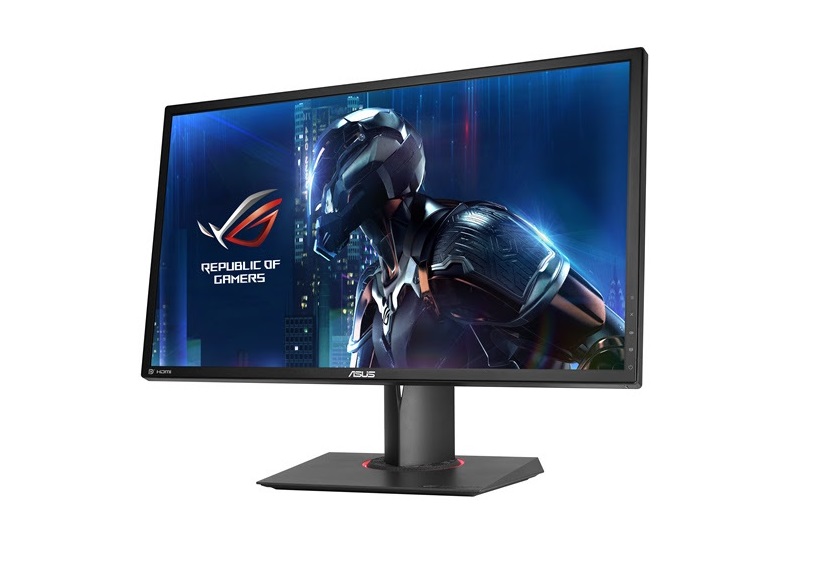The perception around Black Friday being the day for consumers to score big discounts and great deals on their purchases, while retailers and suppliers boost their revenues, is a largely South African one.
While it is certainly about those things, it’s not ONLY about those things. The ‘shopping event’ actually has its roots in the US, where it was intended to help parties on the supply side of the equation (vendors, distributors and retailers) to clear excess or slow-moving stock, to make room for shiny new models in time for Christmas.
An opportunity
But Black Friday is about so much more than just clearing the warehouse. It’s an opportunity to try new things and learn from them.
That’s why Tarsus Distribution embarked on its Black Friday activities by expanding its mandate to also re-acquaint itself with partners it hasn’t worked with in a while, showing off its e-commerce portal to those partners that haven’t used it yet, and conducting some experiments.
“And we’re happy to report, that this Black Friday was a resounding success on all fronts,” says Gary Pickford, CEO: Tarsus Distribution.
“While we did indeed increase our revenues, in comparison to previous years, we felt it was more about the other things we were able to do on Black Friday.
“For example,” he continues, “we managed to drive an impressive number of new sign-ups and convert those into active users on our digital channels (a 90% increase to be exact).”
This translated into 33.6% of the portal’s users in November being ‘first timers’, and a massive 27 pages viewed on average per signed-in user.
“What is truly remarkable about this is, our partners weren’t limited to only using digital channels during Black Friday,” he adds.
“Tarsus has built an omni-channel model that allows our partners to interact with us face-to-face through our T-Bay stores, telephonically with our sales staff and digitally through our partner portal.
“It’s remarkable that when presented with all of these options, our partners chose to use our digital channel,” he says.
“Tarsus has built an omni-channel model that allows our partners to interact with us face-to-face through our T-Bay stores, telephonically with our sales staff and digitally through our partner portal.
“It’s remarkable that when presented with all of these options, a much larger than expected number of our partners chose to use our digital channel,” he says.
A lot learned
Because digital allows for stats and data collection, Pickford says Tarsus Distribution was able to learn a great deal from the month’s activity. And when this is overlaid with some of the ‘experiments we conducted’ both in terms of how Tarsus planned and executed on Black Friday, learnings came to the fore.
“Right at the top of the list is undoubtedly the fact that planning well in advance pays off,” he says.
Pickford says Tarsus Distribution began planning the stock and pricing strategy, as well as the business rules and how they impacted the entire supply chain weeks before the actual sales event kicked off.
“This was a critical factor in the event’s success, because it meant our partners could prepare ahead of time, and all members of the supply chain (such as our courier and delivery partners) were able to make allowance for the influx of activity, ” he says.
“Linked to this, we made massive efforts to communicate with our partners well in advance of the event – so they were able to go through their own planning and communicate their own information to their customers ahead of time,” he says.
What we’ll do differently
Something Pickford says Tarsus will do differently next year, is hold the placing of orders back to Black Friday itself next year.
“We opened orders for a week instead of just a single day,” he says, “which had an impact on certain partners not getting the stock items they wanted because they ‘got to the party later than others’.
“Next year we’ll level the playing fields and extend the pre-Black Friday communication period so everyone is well aware of the products and prices, can plan accordingly, but only have a single day to place their orders,” he explains.
Elasticity is essential
That leads nicely into Tarsus’ fourth major learning, which is that everyone should allow their digital platforms to flex their muscle on a day like Black Friday.
“If we had tried to fulfil on our Black Friday offers using our more traditional channels we wouldn’t have been able to meet the demand. By using digital, we were able to take all of our partners’ orders timeously and avoid any major hiccups,” he says.
“Our last learning is one we gained through observing other players in the market,” he says.
It’s that sometimes, the unforeseen happens. And when it does, you should know you can’t control it.
“Rather pour your efforts into planning for how you recover from an outage, making allowances for unforeseen spikes in traffic by locating your servers in a cloud environment that can scale on the fly and effectively communicate with your customers,” he says.
Proud of our Black Friday progress
“We’re extremely proud of the progress we made with Black Friday this year and believe we’ll continue to succeed as long as we look at it as an opportunity to learn, experiment and move the boundaries,” he adds.
“So, we’ll definitely participate next year and look forward to becoming better at what we as a channel, do together,” he concludes.







